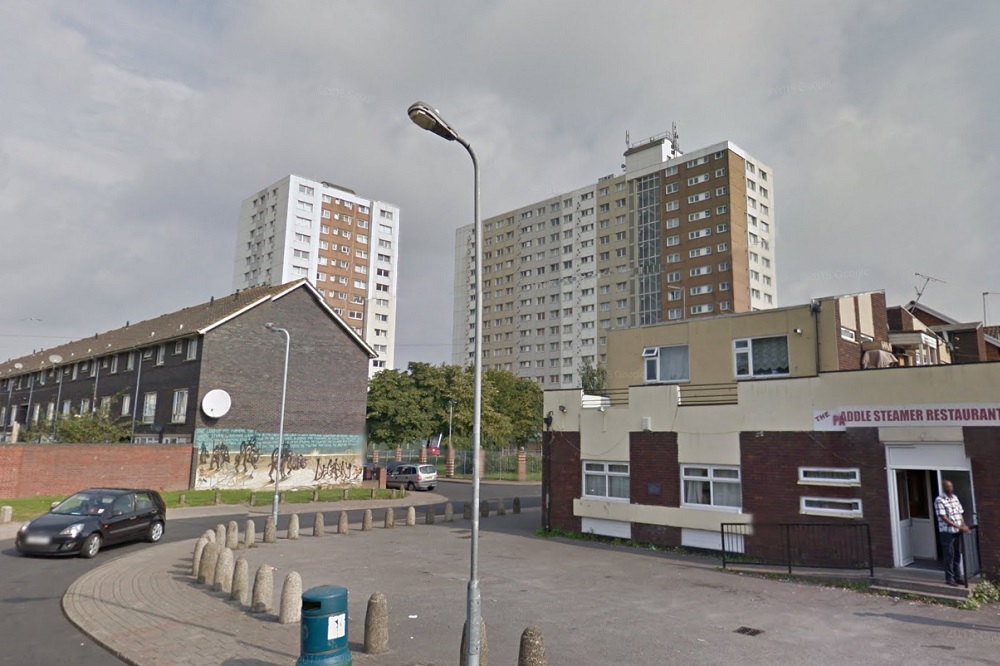BAME communities in Wales fear what Brexit could mean for them

Carl Connikie
I recall the feeling I had the day after the Referendum when Britain voted to leave the European Union.
For some, it was a day of euphoria, for others it was an unmitigated political disaster. My concern was what was going to happen to my family and me.
I went shopping in Sainsbury’s. Normally, the shoppers take little or no notice of me. Everyone is too busy getting their shopping in and out.
However, on that day everyone seemed to be looking at me in a different way. There was a sneer, which almost conveyed a feeling of ‘you and your kind need to look out now – we’re going to get rid of you’.
My daughter came home from school complaining that kids had used openly using racist language and voiced what can only be described as fascist thoughts.
There was no doubt about it – my part of Wales had become mean-spirited. It was as if the people had dammed up a reservoir of frustrations and it was all gushing out.
They were sick of tolerating terrorist attacks in Britain, sick of austerity with its cutbacks in health, local authorities and benefits. They were simply fed up, and here, at last, was a chance to hit back.
That was in 2016 and since then everything seems to have settled down. The sky didn’t fall on our heads and the world kept turning.
Austerity continued, the Government muddled through the Windrush debacle resulting in the replacement of the Home Secretary, Amber Rudd with Sajid Javid.
However, there is hardly a day goes by without a mention of Brexit. And while all the talk is of the impact on industry and the City, it continues to hang over the BAME communities in Wales like a cloud.
Squeeze
Most pressing is the economic impact Brexit will have on our communities. It is likely that the British economy will shrink after March 2019 and that could mean that Wales will feel the pinch more than most.
BAME people are often the last to be hired and first to be fired. Therefore, if there is a surge in the unemployment rate, it will likely hit us hardest.
That could see BAME communities fall even deeper into poverty, or worse still, into crime.
Wales will no longer attract section one funding from Europe, and it’s unlikely to be replaced from Westminster.
Their outdated Barnett formula that decides how much Wales gets in funding is based on population, not need as in the case of European funding.
BAME people in Wales, therefore, find themselves in the communities most likely to be hit by an economic downturn after Brexit, and in the country most likely to feel the squeeze.
So what are our community leaders, politicians and Welsh Assembly doing to mitigate against the worst case scenario?
To get through the difficult economic times, Wales will need everyone to be pulling in the same direction, including BAME youth.
As we step out of the shadows of the EU it is apparent that we will have to forge new trade links with other nations. Here, Wales’ multicultural communities could give it an advantage.
It cannot exclusively rely on one section of society to the exclusion of others. Talent must be harnessed for the good of Wales, no matter its hue.
Support our Nation today
For the price of a cup of coffee a month you can help us create an independent, not-for-profit, national news service for the people of Wales, by the people of Wales.





